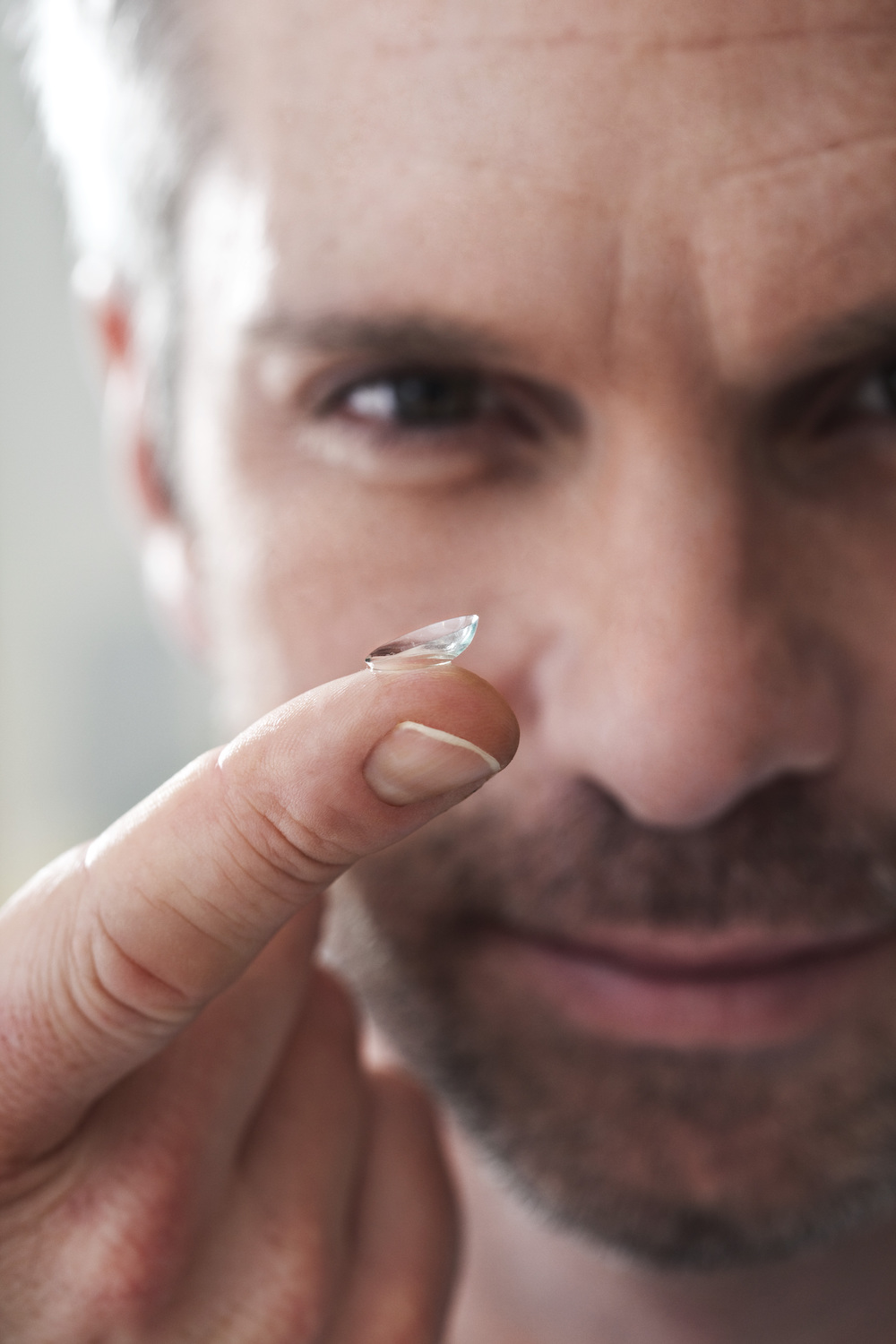
Have you ever heard of or gone through a contact lens exam before? If not, you are not alone. Many people find contact lenses and contact lens exams confusing. While you may know what contacts are and how to use them, you may wonder what exactly a contact lens exam is.
Wearing contact lenses is not just a matter of getting a prescription, buying the contacts, and placing them in your eyes. Your eye doctor must examine how well you see with contact lenses and determine the type of contacts that will suit you best. All this happens during a contact lens exam.
What Is a Contact Lens Exam?
A contact lens exam is a test your eye doctor does to measure your cornea (the clear outer part of your eye). The contact lens exam measures the curve, shape, and size of your cornea to determine the presence of vision issues or eye irregularities.
By examining your cornea, your eye doctor can tell whether there are any issues with the shape or health of your cornea. The issues may make contact lenses ineffective or feel uncomfortable.
As such, your eye doctor will only focus on your cornea in a contact lens exam. This is unlike a comprehensive eye exam. While both exams examine your eyesight to provide the right solutions to your needs, a comprehensive eye exam is more detailed. It involves a series of tests to check for any signs of eye illnesses that may damage your eyes or your vision.
Why Do Contact Lens Exams Matter?
Contact lenses fit the unique size and curve of your cornea, ensuring they sit securely on your eyes. Thus, it is necessary to get the correct estimates of the shape, curve, and size of your cornea, as well as your tear quality.
Corneal Curve and Size Exam
This exam will help your eye doctor design contact lenses that fit the curve and shape of your cornea. If your cornea has an irregular curve or shape due to astigmatism, your ophthalmologist can prescribe special lenses, called toric lenses.
Through a keratometry test or a corneal topography exam, your ophthalmologist will assess how light bounces off your cornea to measure the base curve of your cornea accurately.
Iris or Pupil Size Exam
If you intend to wear rigid gas permeable contact lenses, your ophthalmologist may measure the size of your pupil or iris. The sizes will help decide which contact lenses will meet your eye needs effectively.
Tear Film Exam
This test measures the quality of your tears to determine whether you have severe dry eye disease. Contact lenses can irritate your eyes and make it hard to see. So if you have severe dry eyes, your ophthalmologist may suggest avoiding contact lenses. But if your dry eye disease is mild, your eye doctor can recommend contact lenses that are fit for dry eyes.
To learn more about contact lens exams and why they matter, contact Optical Masters at our offices in Denver, Colorado. You can also call (720) 807-7300 or (720) 807-7600 to book an appointment today.










 {{menu-footer}}
{{menu-footer}}